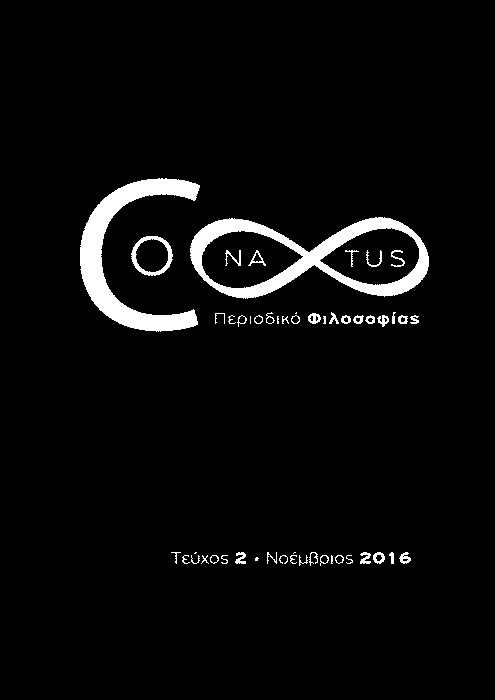Digital Avatars: A Metaphenomenological Approach of Immersion

Abstract
This paper examines digital avatars as an advanced form of the virtual self in a digital environment of three and more dimensions. With this definition, we proceed to a post-phenomenological analysis of Avatar's space of action, i.e. the cyberspace and Avatar's dependence on its user. The writers will try to prove that Avatars are incomplete consciousness that cannot be emancipated by its user. Also, by studying the user's immersion in the digital environment, this process will be presented as a kind of self-identification with his avatar. Thus, it will help the reader to understand the relationship between the physical and the digital reality by presenting the function of human consciousness in the digital environment as Avatar´s consciousness during the stage of meta-vithisis (post-immersion).
Article Details
- How to Cite
-
Kalligeris, I., & Chrysopoulos, P. (2017). Digital Avatars: A Metaphenomenological Approach of Immersion. Conatus - Journal of Philosophy, 1(2), 37–48. https://doi.org/10.12681/conatus.11872
- Section
- Articles

This work is licensed under a Creative Commons Attribution-NonCommercial 4.0 International License.
Authors who publish with this journal agree to the following terms:
Authors retain copyright and grant the journal right of first publication with the work simultaneously licensed under a Creative Commons Attribution Non-Commercial International License (CC BY-NC 4.0) that allows others to share the work with an acknowledgement of the work's authorship and initial publication in this journal.
Authors are able to enter into separate, additional contractual arrangements for the non-exclusive distribution of the journal's published version of the work (e.g. post it to an institutional repository or publish it in a book), with an acknowledgement of its initial publication in this journal.
Authors are permitted and encouraged to post their work online (preferably in institutional repositories or on their website) prior to and during the submission process, as it can lead to productive exchanges, as well as earlier and greater citation of published work.





